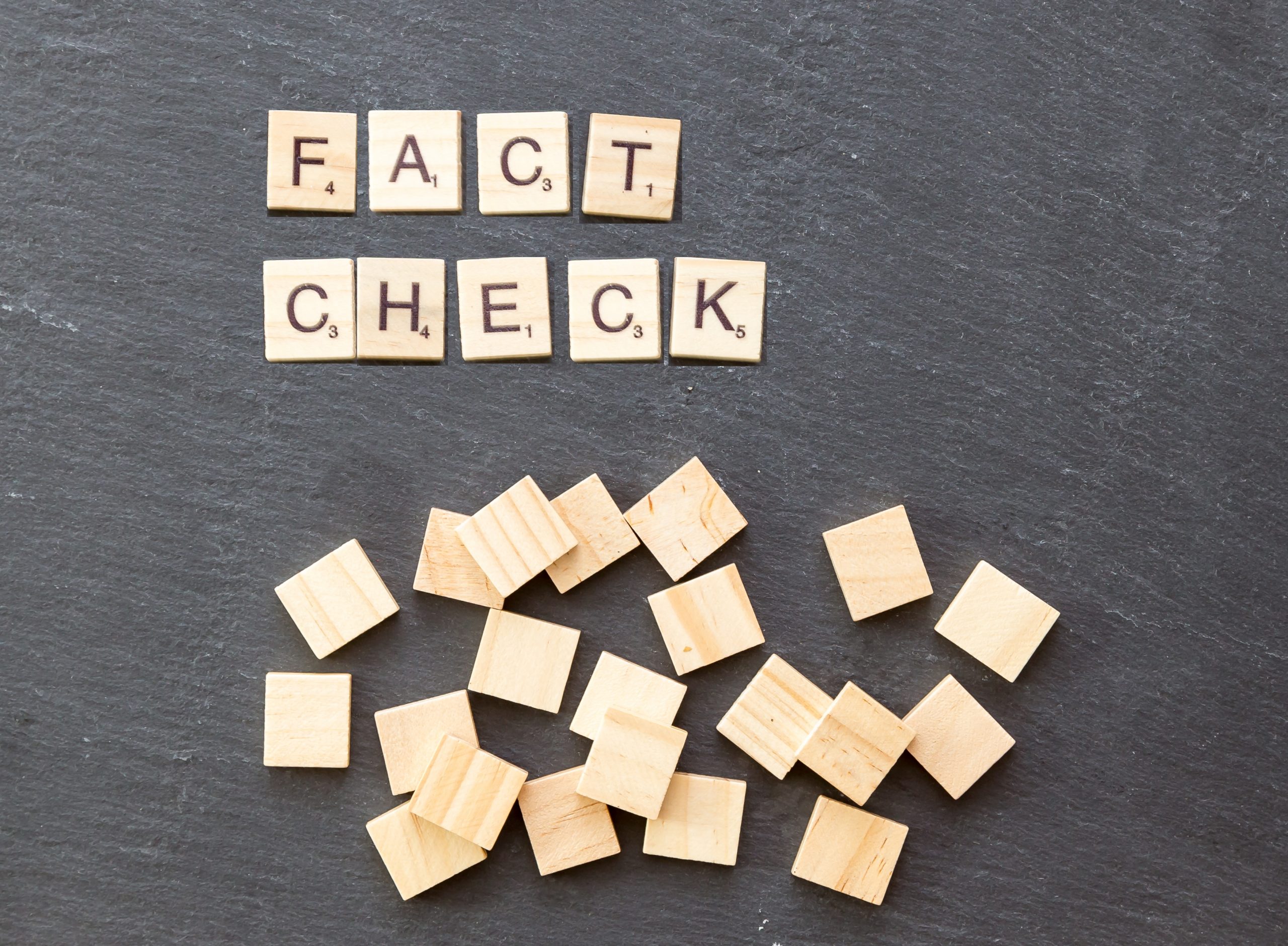As any digital marketing expert will be well aware, content is key when it comes to driving traffic, leads, and sales. Whilst blogs, social media posts, and articles offer a great platform to spread engaging information amongst potential customers, however, far too many content marketers overlook the need to fact-check their posts.
Why fact checking is so important
Putting out uncorroborated information is particularly risky in today’s online world of so-called ‘fake news’. Although it is not necessarily a content marketer’s job to do the work of the news media, there are several reasons why fact-checking should not be overlooked, including:1. Errors can be detrimental to a brand’s reputation
Just one serious error can ruin the reputation of a well-established brand by making it appear less credible.2. You have a responsibility to your audience
The information you provide on blog posts or articles - particularly if it includes advice - could have a real influence on the lives of your customers. You have a responsibility to check that they do not believe any bogus advice.3. People love to focus on corporate mistakes rather than corporate successes
There are plenty of social media accounts dedicated to mistakes made by careless content marketers. Don’t let your company fall prey to one.4. Misinformation can spread like wildfire
One of the fundamental points of content marketing is to spread your company name and draw in new customers. If misinformation is featured in your content, therefore, you risk spreading it amongst thousands of unsuspecting people.5. You could have a lawsuit on your hands
If misinformation is considered defamatory or dangerous, you may find yourself in legal trouble. This can have a hugely negative impact on your business finances and reputation.So what kind of facts should you be checking?
Although you should, of course, be checking all facts and figures within your articles, there are a few vital pieces of information that marketers often fail to corroborate. These include: - Dates and times of events - Names, titles, and pronouns - Place names - Statistical sources (try to find the primary source if someone else has cited the figures you need) - Email addresses and phone numbers - Figures and statistics (check that they are the latest figures available and are from trustworthy organisations) - QuotationsFact Check: Trump's Emergency Powers And The Border Wall by marcoverch licensed under Creative Commons 4.0
